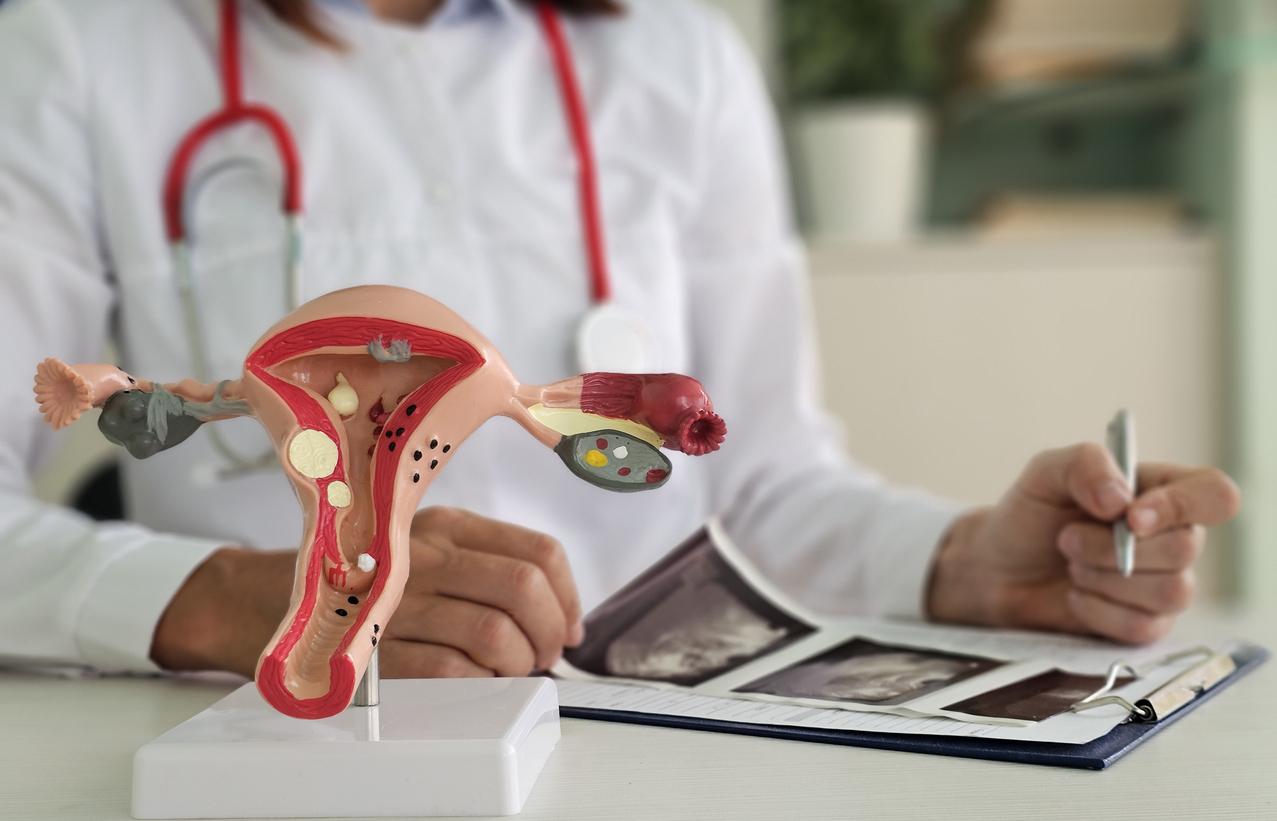In 1989, two English dermatologists observed a strange phenomenon: a 44-year-old woman with a mole on her leg came to consult them, alerted by the behavior of her dog. “His border collie crossbreed Doberman constantly sniffed at the lesion,” say the doctors. This ritual continued for several months, until the day the dog tried to bite her there. ” After examinations, it turned out to be melanoma (a skin cancer), at an early stage. The hypothesis that dogs could detect “the scent of cancer” has since been investigated by several teams around the world. And these tests were successful. Scientists from the Institut Curie (Paris) have just presented new results confirming its reliability.
What is the principle?
Dogs would be able to spot certain substances produced only by cancer cells: volatile organic compounds (VOCs). They would perceive these VOCs thanks to their hyperdeveloped sense of smell (which also allows them to detect drugs and explosives …). Those who participate in these programs undergo rigorous and very specific training. “Some of our patients sometimes observe a spontaneous change in their animal’s behavior when their cancer appears. But it remains rare. The two Malinois in the Institut Curie test were trained for six months to spot the smell of breast cancer, ”explains Aurélie.
Thuleau, chief of protocol baptized Kdog.
•How’s it going?
In practice, dogs and patients never come together. Animals screen for: urine, prostate or bladder cancer; of breath, for that of the lung or breast; of sweat, for that of the breast; of secretions, for that of the cervix. At the Institut Curie, breast cancer screening tests are carried out as follows: “For a few hours, the patient wears a wipe on each breast which is then sent to an approved center where the dogs analyze it,” explains Aurélie Thuleau. In case
positive screening (when the dog stops in front of the sample), the patient is taken care of for imaging examinations. “
Read also: Infographic: finding your way around cancer screening
• What results?
The studies carried out show reliability in 88 to 100% of cases, depending on the type of cancer. American studies have shown that dogs can correctly detect lung cancer in the breath in 99% of patients.
In Paris, Professor Olivier Cussenot’s team, in collaboration with the army dog services, has concluded that it is 98% reliable in the case of prostate cancer, detected in the urine. Last January, a Mexican team noted a correct detection of cervical cancer on vaginal secretions, in 90% of patients. Finally, during the preliminary study carried out at the Institut Curie, the dogs succeeded in spotting breast cancer in 100% of the 31 patients tested. For comparison, mammography gives
safe results in 95 to 98% of cases.
Read also: Organized screening for breast cancer: two consultations at 25 and 50
• What advantages?
In addition to its simplicity, the technique is fast: “The results are obtained in a few seconds”, specifies Aurélie Thuleau. In addition, it is risk-free and non-invasive, since it is done via samples. Finally, it can even be applied to people with reduced mobility, wherever they are, which is not always the case with conventional screening techniques. “The devices mammogram which are adapted to patients in a wheelchair are mainly available in large cities, ”adds Aurélie Thuleau.
• What place in screening in the future?
“In industrialized countries, the detection of cancers by dogs could be proposed in addition to techniques
usual screening, ”explains Dr Guillaume Bataillon. This method could prove to be very useful in remote places or for people who cannot or do not want to benefit from imaging techniques. Finally, it could help to detect the earlier cancer
the ovary, which is currently often detected at an advanced stage. “But imaging will always be necessary to confirm
diagnosis, precisely locating the tumor, allowing samples to be taken, etc. ”, however specifies the pathologist.
Read also: Cancer: prevention doesn’t stop when the disease breaks out
• When might this method be available?
We will have to wait at least five more years because the promising results obtained must be confirmed in a larger number of patients. In order to validate their results presented last March, researchers from the Institut Curie have embarked on a new study which will concern 1000 women. “The participants will be recruited in seven French centers: six in Île-de-France, including the Institut Curie, and the
Nantes University Hospital ”, explains Aurélie Thuleau. First results expected for 2021.
Our experts:
Aurélie Thuleau, clinical research project manager at Institut Curie (Paris)
Dr Guillaume Bataillon, pathologist specializing in cancer diagnosis, at the Institut Curie (Paris)
Prof. Olivier Cussenot, professor of oncological urology, at Tenon hospital (Paris)
Read also:
The smell of dogs to screen for breast cancer
Dogs capable of sniffing prostate cancer
Unusual: a Labrador detects the cancer of his mistress
Thyroid cancer: a dog trained to spot the disease
















